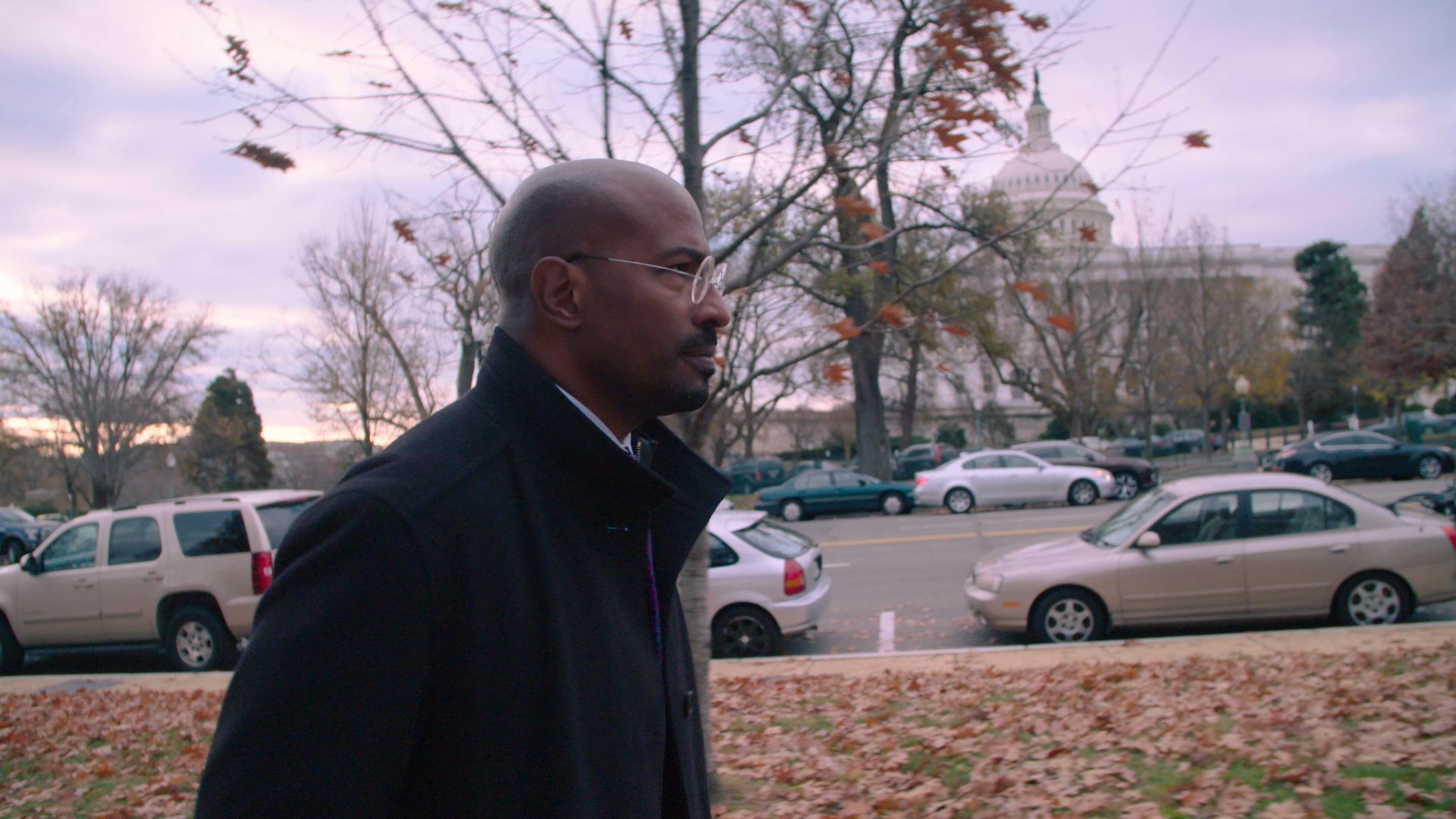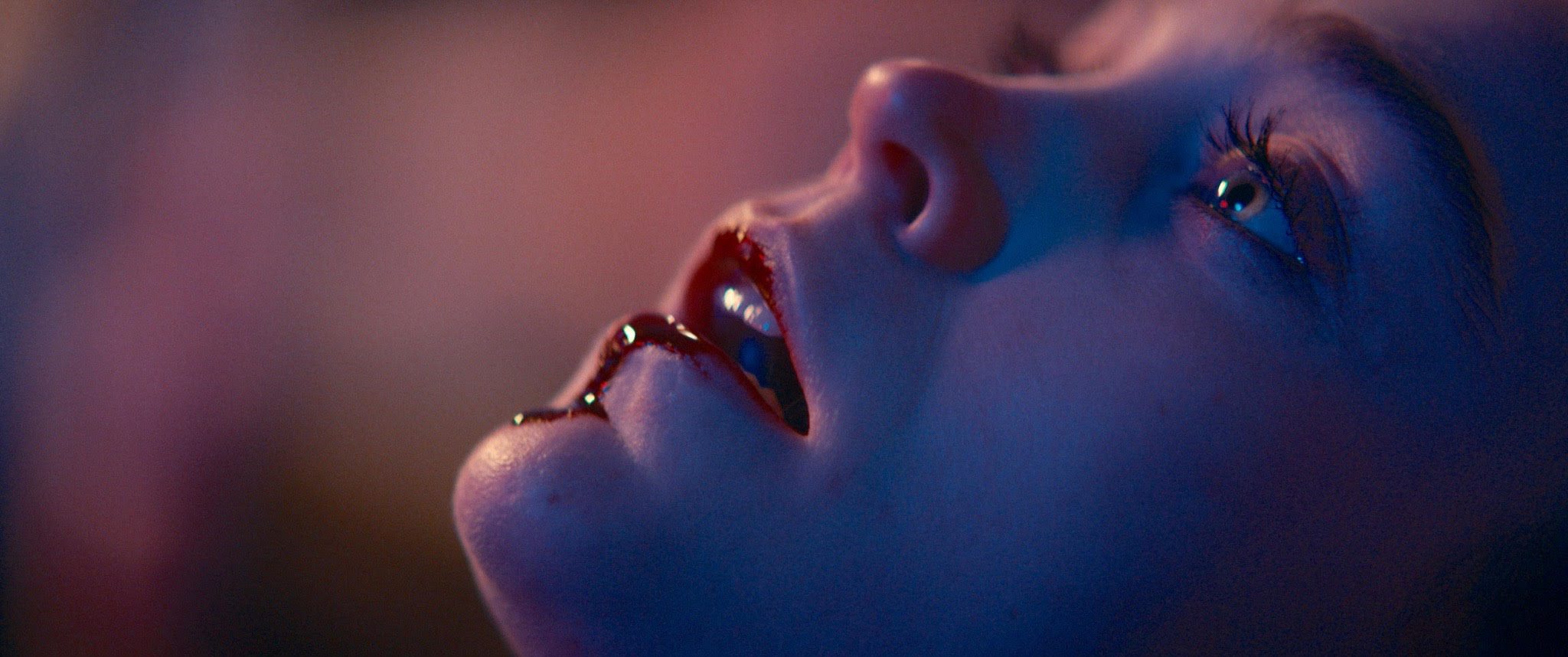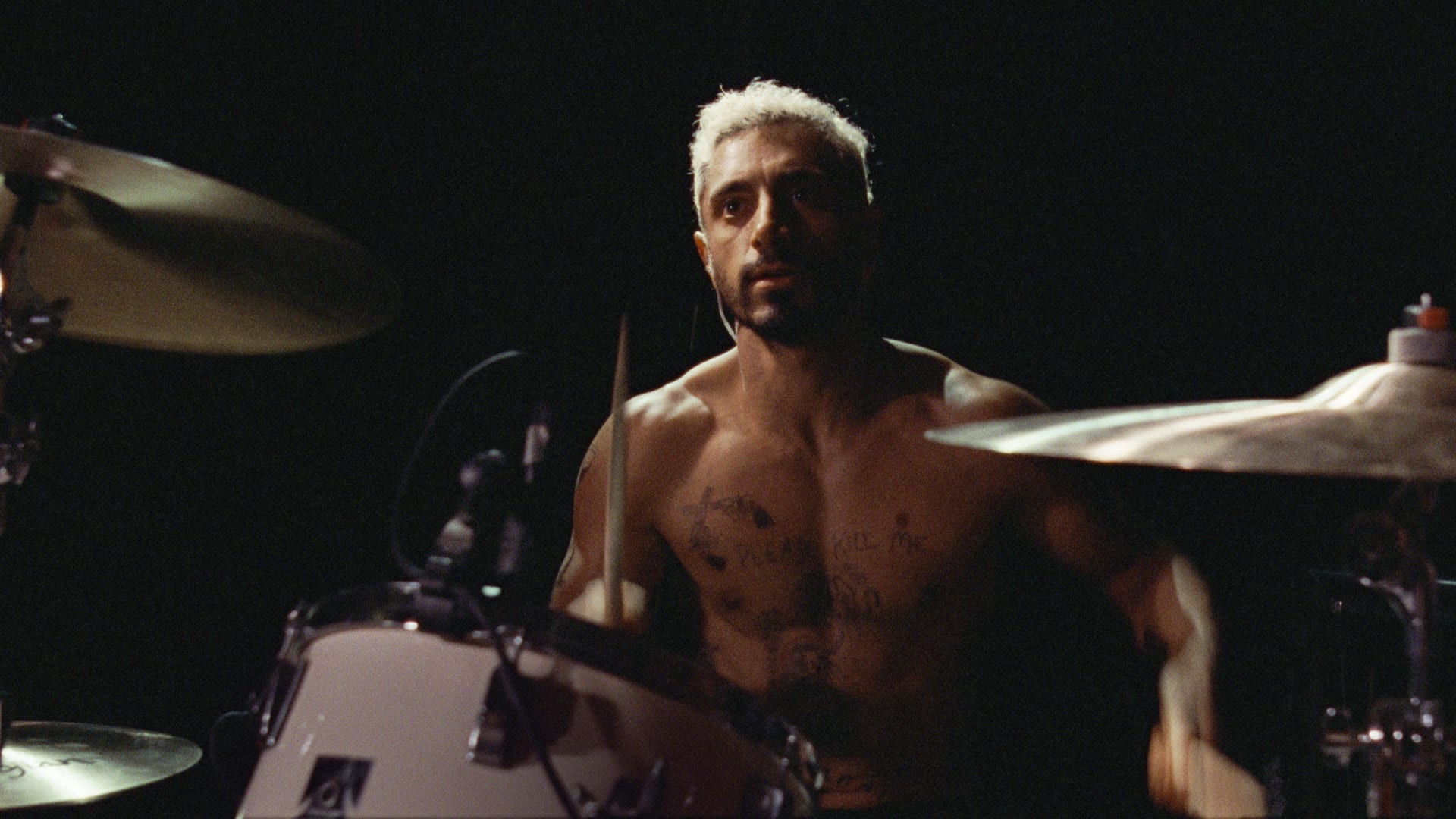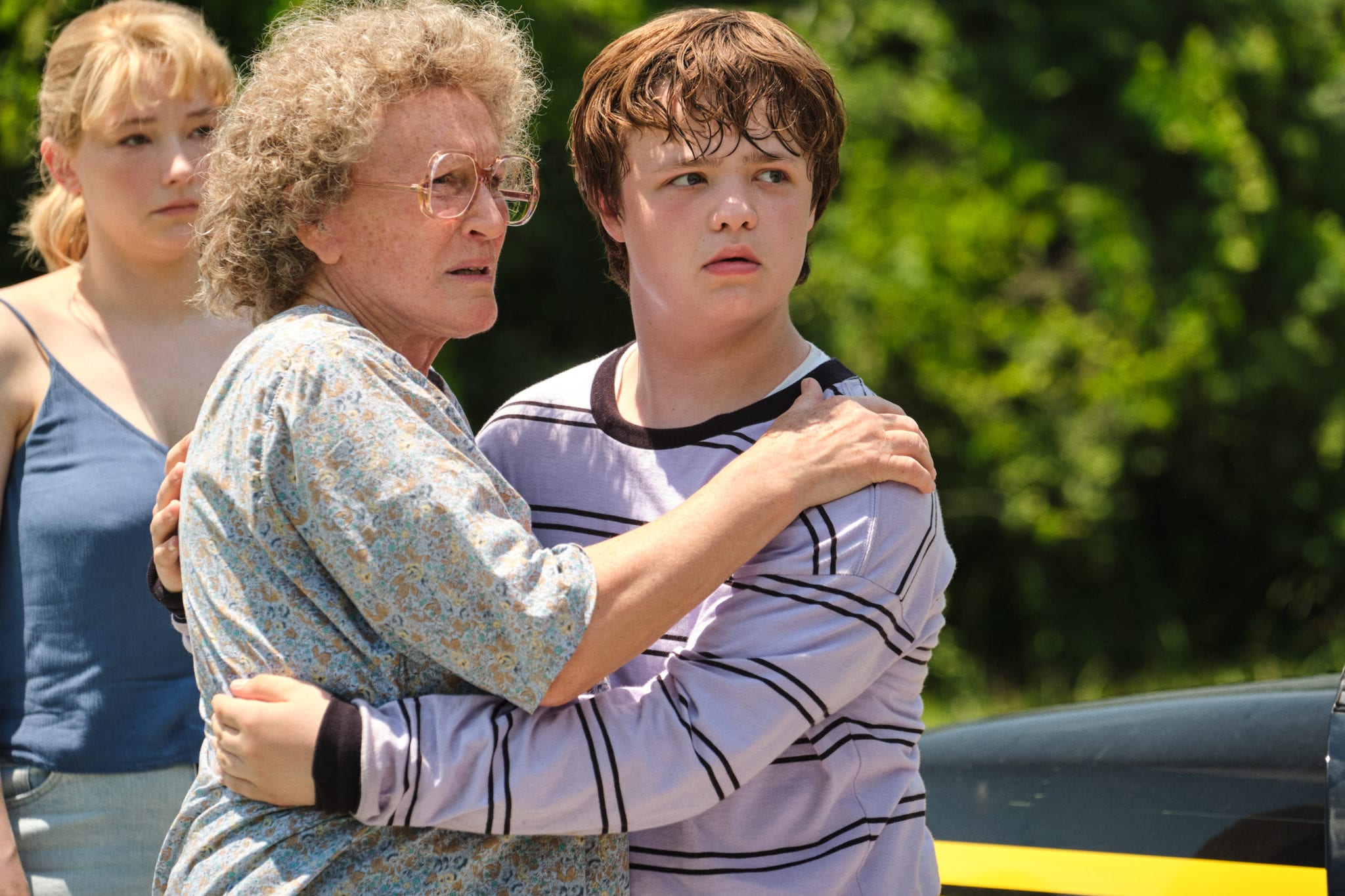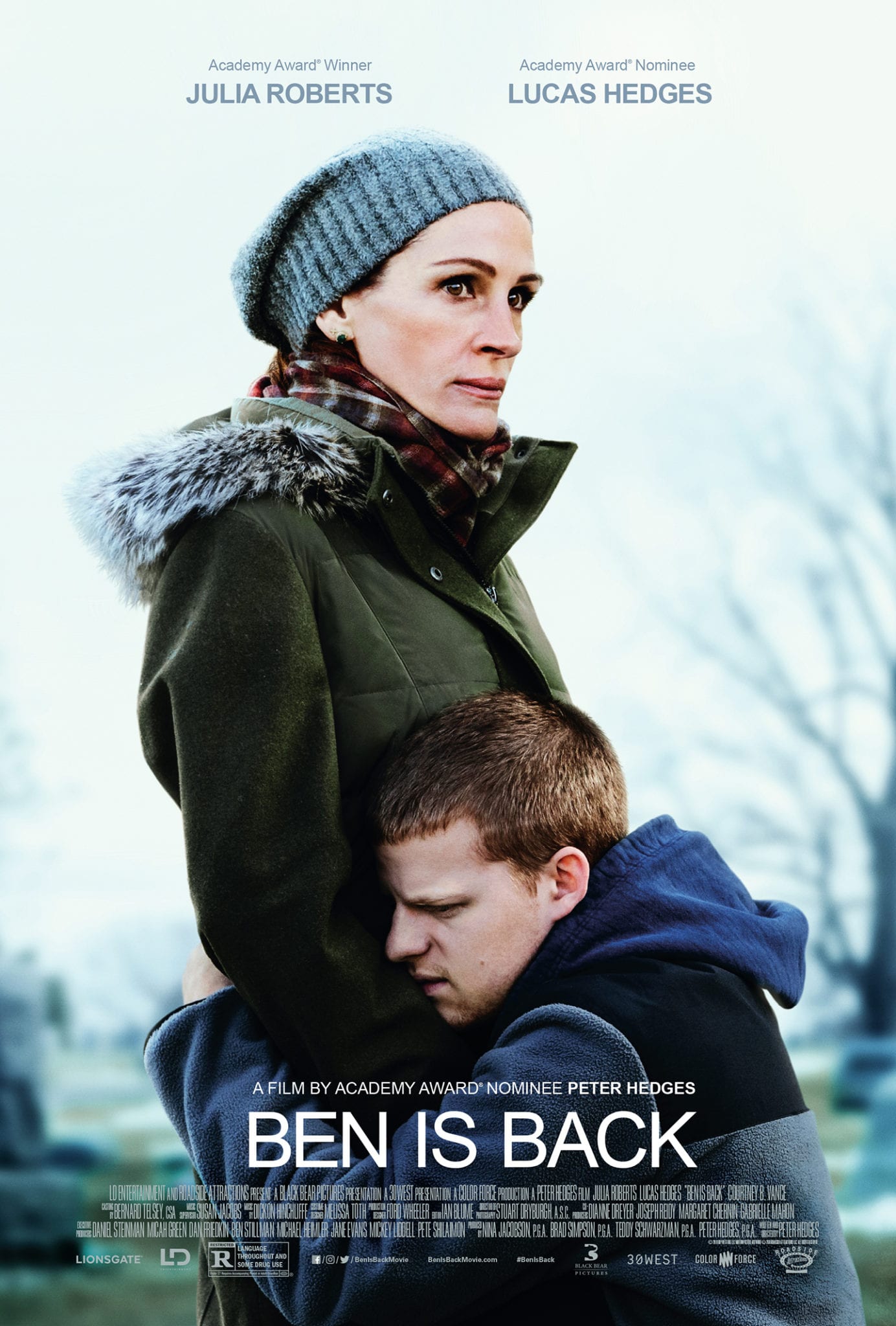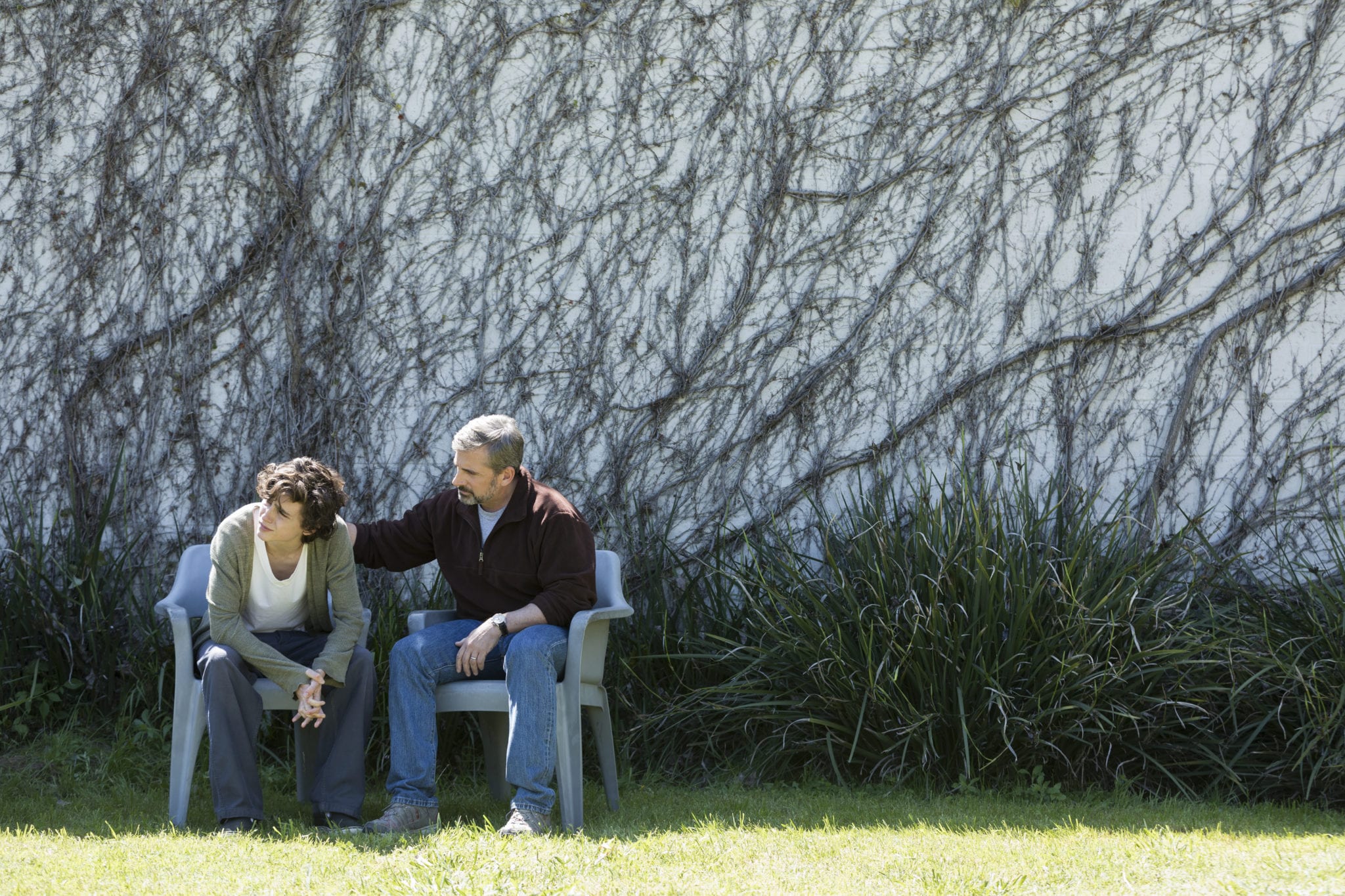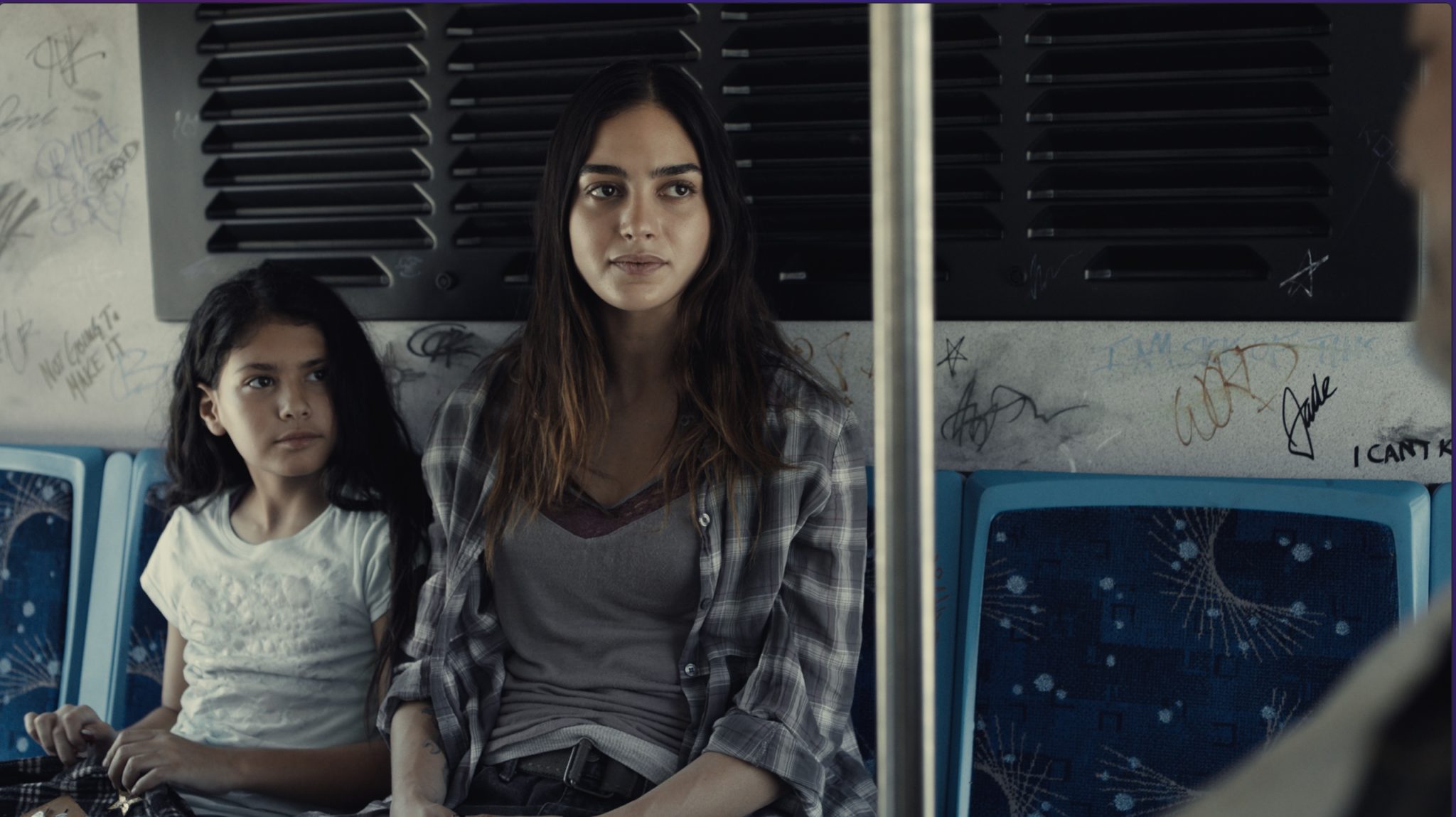
All the World Is Sleeping – Not invisible or disposable
“What’s worse than being invisible is being seen as disposable.” Raising a child as a single mother is difficult. It is even more difficult when struggling with addiction. All the World Is Sleeping, directed by Ryan Lacen, is the story of such a woman. But the story behind the film may be more important than…

